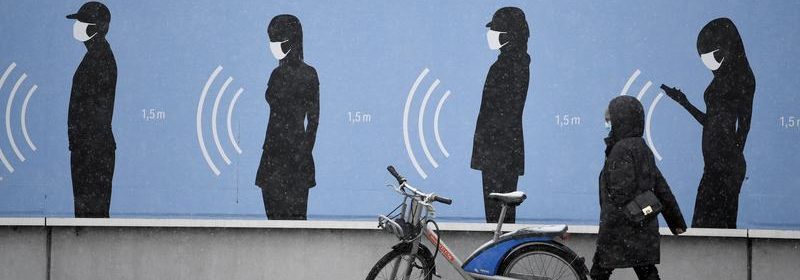Euro zone sentiment improves in December, but inflation still negative

BRUSSELS (Reuters) – Economic sentiment in the euro zone improved as expected in December due to less gloom in industry and among consumers, but consumer prices fell for the fifth consecutive month because of plunging energy costs.
Economic sentiment in the 19 countries sharing the euro edged up to 90.4 points in December from 87.7 in November, against expectations of a rise to 90.0 points, a European Commission monthly survey showed on Thursday.
The better reading was mainly thanks to an improvement in industry to -7.2 from -10.1 and among consumers to -13.9 from -17.6 points.
But despite this increased optimism, consumer prices in December rose only 0.3% month-on-month, making annual inflation -0.3%, the same negative level as in the previous three months, the EU’s statistics office said.
Economists polled by Reuters had expected inflation to pick up to -0.2%. The European Central Bank wants to keep inflation below, but close to 2%.
Services became 0.8% more expensive in December compared to November and 0.7% more expensive than a year earlier. Consumers also paid more for food, alcohol and tobacco, but a 6.9% plunge in energy prices and cheaper industrial goods brought the whole index lower.
Without the volatile energy and unprocessed food components, inflation was positive at 0.4% year-on-year in December, the same rate as in the previous three months. An even narrower measure excluding alcohol and tobacco was also stable at 0.2%.
Separately, Eurostat said euro zone retail sales were far weaker than expected in November as countries across Europe reintroduced pandemic restrictions. The sales declines were deepest in Belgium and France which imposed the toughest measures, including non-essential store closures, earlier.
Euro zone retail sales dropped 6.1% month-on-month for a 2.9% year-on-year fall. In Belgium, the monthly drop was 15.9% and in France 18.0%. Economists polled by Reuters had expected euro zone retail sales to fall 3.4% on the month and rise 0.8% on the year.
Source: Read Full Article
